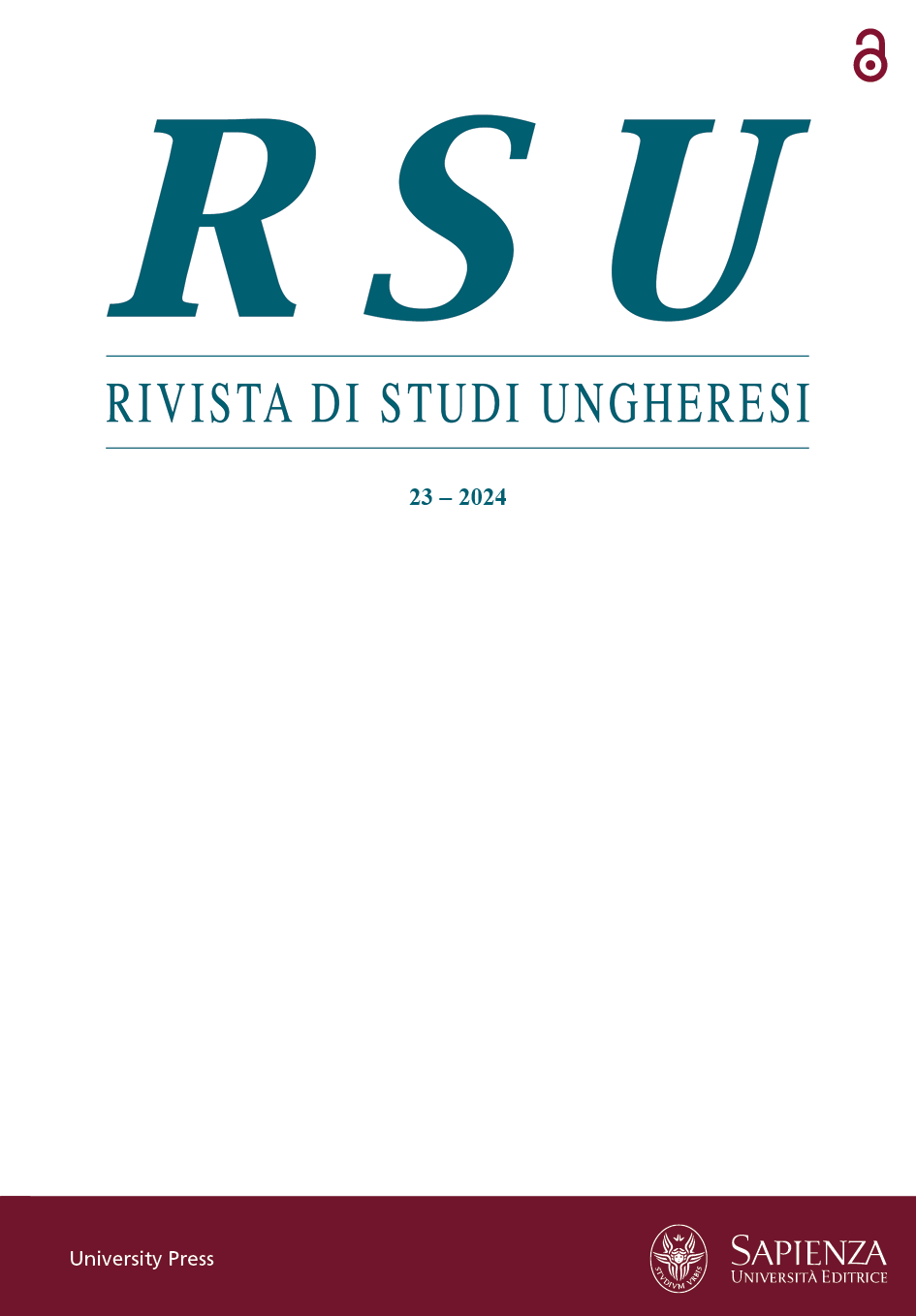Un’ applicazione del Data-Driven Learning in Ungheria: per un apprendimento dell’italiano in contesto universitario
DOI:
https://doi.org/10.13133/2035-7133/3106Keywords:
DDL, Italian L2, learners’ attitudeAbstract
This study presents and comments on the data relating to the perception of the usefulness of the Data-Driven Learning (hereafter DDL) method and the activities and tools connected to it. These data were collected thanks to the voluntary participation of a sample of Hungarian learners of Italian L2 and Italian mother tongue teachers of Eötvös Loránd University of Budapest (Hungary). The investigation takes into account the small amount of international research on the use and the effects of the DDL approach in a university context for teaching and learning the Italian L2 and FL language. Questionnaires were administered to the survey participants prior to their exposure to the method in order to analyze their needs in terms of potential learning difficulties considering some traits of the Hungarian language on the basis of contrastive linguistics studies. Following exposure to DDL activities paper and computer-based and the use of SKELL (Sketch Engine for Language Learning), qualitative interviews and focus groups were organized to find out the opinions on the method of a portion of the sample. The results confirm the participants’ positive perception of the DDL approach, although some perceived critical issues emerge which were deemed useful to report. The article concludes by emphasizing the need to continue further studies on the DDL within the Hungarian and international academic and scholastic contexts to further strengthen the research-practice combination in the respective figures of researchers and teachers.Downloads
Published
2024-12-30
Issue
Section
Lingua e letteratura ungherese e dell’Europa centro-orientale
License
Copyright (c) 2024 Alessio Amato

This work is licensed under a Creative Commons Attribution-NonCommercial-ShareAlike 4.0 International License.

